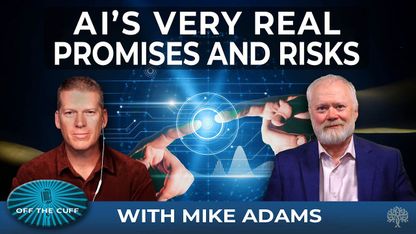
Recent studies have linked many nutrients to a reduced risk of eye conditions and poor vision. These nutrients include:
Vitamin A
Vitamin A is an antioxidant that protects the cornea, the outer protective layer of the eye. It also supports the function of the retina, the light-sensitive lining that converts light into signals sent to the brain.
Beta-carotene, a pigment found in colorful fruits and vegetables, is an essential provitamin A carotenoid. The liver converts it into vitamin A. As such, beta-carotene serves as the main dietary “source” of this nutrient.
These foods provide high amounts of vitamin A:
- Sweet red pepper
- Sweet potato
- Pumpkin
- Carrots
- Squash
Vitamin E
Vitamin E plays a crucial role in supporting eye health. For one, it helps protect your eyes from oxidative stress. If left unchecked, oxidative stress may lead to the formation of cataracts. It could even trigger age-related macular degeneration (AMD), the leading cause of vision loss in older adults.
The following foods contain significant amounts of vitamin E:
- Sunflower seeds
- Safflower oil
- Almonds
- Peanuts
- Asparagus
Vitamin C
As an antioxidant, vitamin C protects the eyes from damage by fighting free radicals that cause oxidative stress. Oxidative stress is a key contributor to the formation of cataracts in older adults.
In fact, a 2016 study reported that people who consumed more vitamin C had a 33 percent lower risk of cataract progression.
The following foods are great sources of vitamin C:
- Orange
- Grapefruit
- Broccoli
- Blackberries
- Brussels sprouts
B vitamins
B vitamins, particularly B6, B9 and B12, are thought to reduce levels of homocysteine, an amino acid linked to inflammation and a greater risk of AMD. In fact, a 2009 study that examined AMD risk among women suggested that daily supplementation with vitamins B6, B9 and B12 can help lower the risk of AMD. (Related: B vitamins are CRUCIAL to heart health, brain health and eye health.)
The following foods contain at least one essential B vitamin:
- Mushrooms
- Chickpeas
- Almonds
- Salmon
- Beans
- Lentils
- Shellfish
- Beef liver
Lutein and zeaxanthin
Lutein and zeaxanthin are antioxidants primarily found in certain plant-based foods. They are also present in the lens and retina of the eyes. Together, lutein and zeaxanthin help combat free radicals and protect the eyes from oxidative damage that may lead to AMD.
Lutein and zeaxanthin are present in various foods, such as:
- Asparagus
- Broccoli
- Egg yolk
- Kale
- Peas
- Lettuce
- Spinach
Zinc
Zinc is an essential trace mineral that is highly concentrated in the retina and choroid, the tissue layer lying just underneath the retina. Zinc plays an important role in bringing vitamin A from the liver to the retina so that it can produce melanin, the pigment that shields the eyes from intense ultraviolet light.
Zinc is found in a wide range of foods, such as:
- Oyster
- Crab
- Lobster
- Beans
- Chickpeas
- Nuts
- Pumpkin seeds
Omega-3 fatty acids
Omega-3 fatty acids are polyunsaturated fatty acids best known for their cardioprotective effects. But they can also be found in the retina, where they protect against oxidative stress and reduce inflammation.
Of the several different types of omega-3 fatty acids, there are three that play an important role not only in eye health but also in overall human health. They are alpha-linolenic acid (ALA), docosahexaenoic acid (DHA) and eicosapentaenoic acid (EPA).
These foods are among the best sources of omega-3 fatty acids:
- Sardines
- Tuna
- Herring
- Flaxseeds
- Walnuts
- Chia seeds
Protect your eyes and keep them healthy by increasing your intake of the essential nutrients listed above.
Read more articles about eye care and vision health at EyeHealth.news.
Sources include:
Please contact us for more information.























